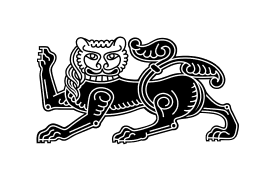POST-INFORMATION SOCIETY. WHAT HAPPENS NEXT?
(Pavilion 7)
This session will be dedicated to an in-depth analysis of the concept and characteristics of a post-information society. Amidst the rapid technological development and changes in social structure, the important question we face is: what exactly does the transition from an information society to a post-information society entail? At present, our understanding of the nature and characteristics of the post-information society is limited, as well as of the factors determining this transition. During the discussions, panelists will explore various aspects, such as the impact of artificial intelligence, social transformations arising from global crises, and the concept of inclusive capitalism. Speakers will present their unique perspectives and ideas, examining how new technologies and social practices may shape the future of society. The focus will be on identifying key indicators and parameters that may help us understand the post-information phase, including the role of information, globalization, as well as new social forms and institutions. The main goal of the session is not only to clarify the meaning of the post-information society but also to develop practical recommendations to help governments and scientific communities address the challenges emerging in this new social order.
Questions for discussion
- What will come after the post-information society?
- When will it arrive?
- What will it be like?
- How will this stage affect socio-political, economic, and cultural processes worldwide?
- What will interest people, and how will interests change in the context of content consumption?
